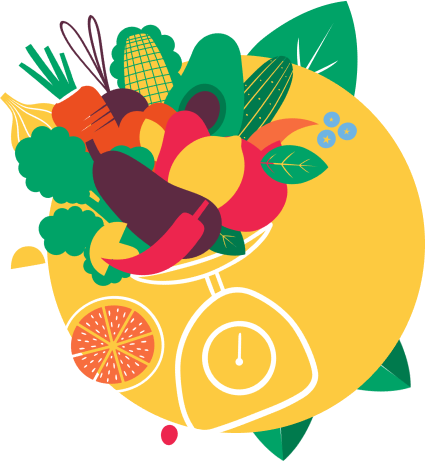Circular Food Systems for Rwanda is a four-year program (2021-2025) that aims to transform Rwanda’s food systems to make it more circular and sustainable.
Our network of technical assistance providers work with selected SMEs to adopt or scale up circular business models. In tandem, the program aims to create an enabling policy environment to drive forward agri-food sector transitions.
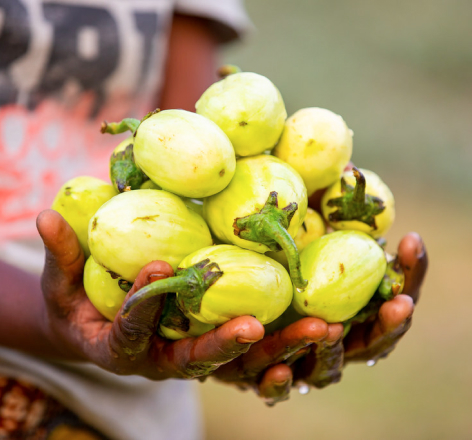
Get the latest information and announcements as they become available by joining our mailing list.
The Circular Food Systems for Rwanda program is made up of two interlinked workstreams:
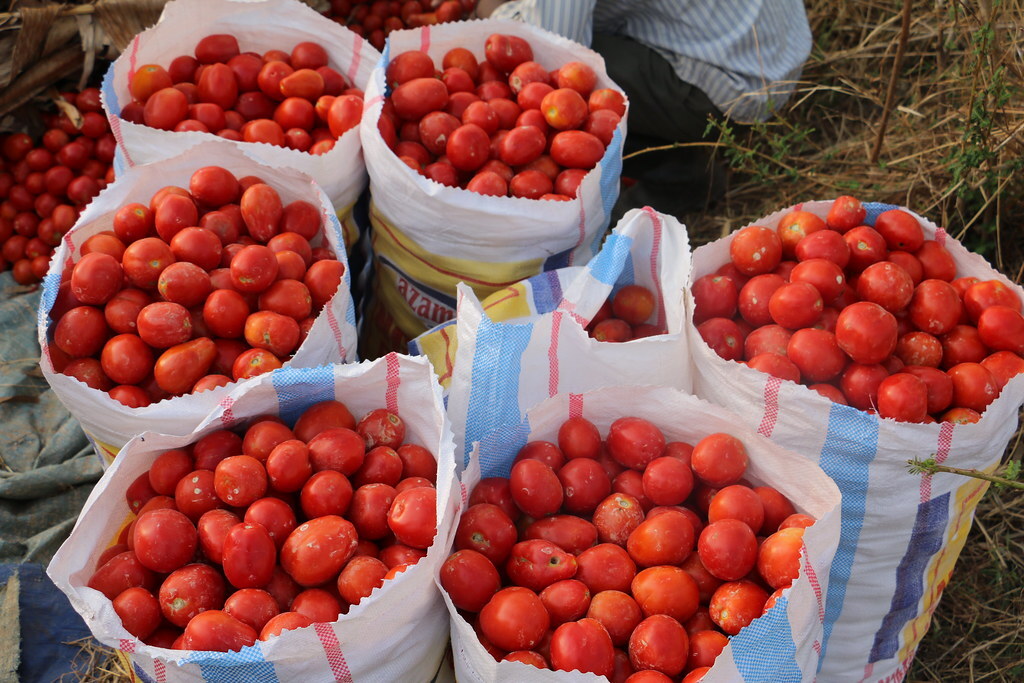
Technical Assistance Facility
The facility will provide technical assistance to agri-food SMEs in Rwanda to improve their ability to utilize and scale circular business models.
Do you run an SME in the agri-food sector in Rwanda? Find out how our network of technical assistance providers help support agri-food SMEs design customized circular adoption plans and/or scaling solutions to improve existing practices
Policy and Stakeholder Engagement
The program will focus on creating effective policy and increasing stakeholder engagement to create a stronger enabling environment for food systems transformation in Rwanda.
To do this, a multi-stakeholder platform has been established to enable and encourage exchanges and dialogue between public, private and civil society players relevant in the transition to a circular food systems in Rwanda.
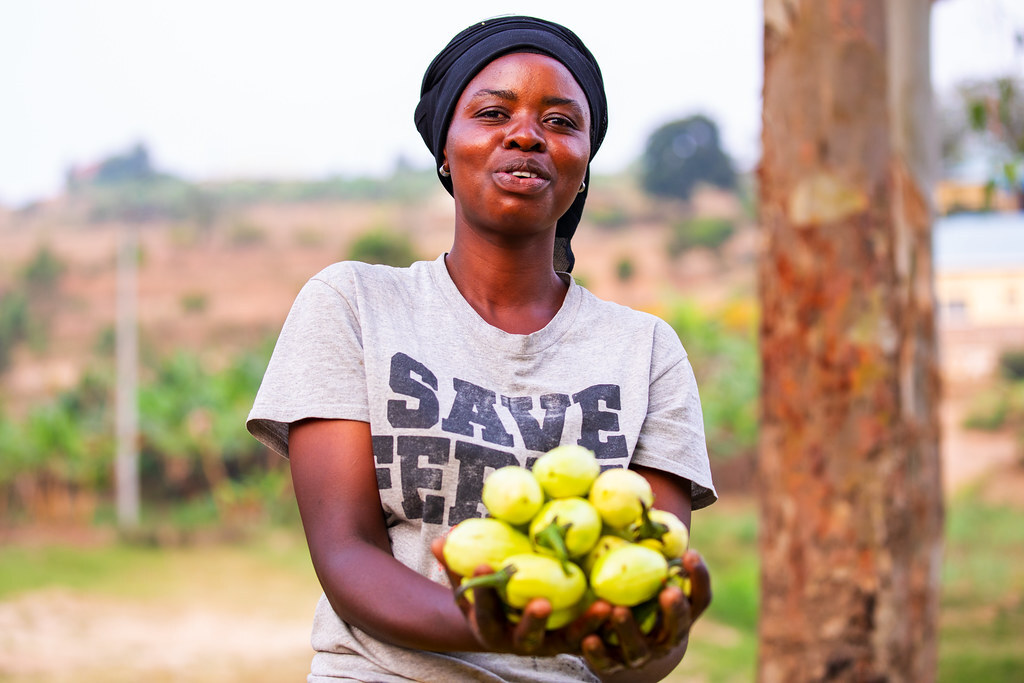
The Importance of SMEs to Rwanda’s Food Systems
In Rwanda's diverse and locally organized food systems, SMEs have a chance to become a meaningful part of the growing circular food movement.
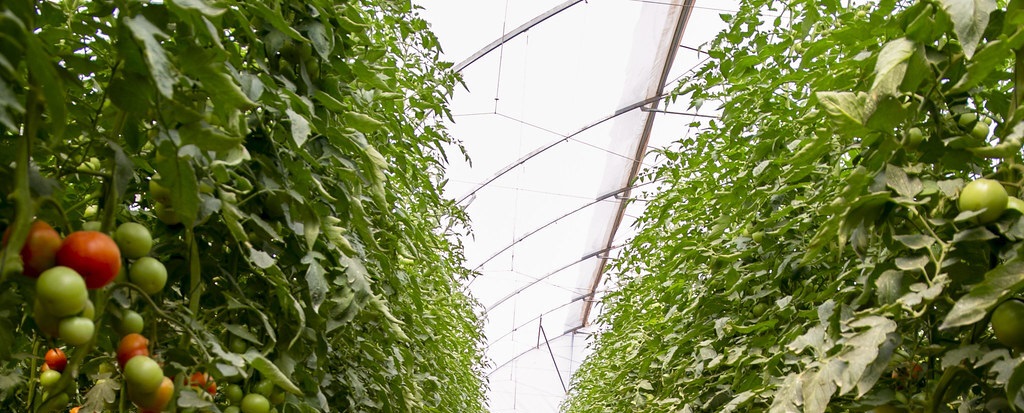
98% of businesses in Rwanda are small or medium enterprises (SMEs), providing 41% of all private sector jobs.*
SME-focused interventions, therefore, have the broadest potential to generate revenue, create new jobs, and drive innovation across diverse geographies and industries in Rwanda’s agri-food sector. However, based on 2021 findings from Rwanda’s Ministry of Environment and National Fund for the Environment (FONERWA), Rwandan entrepreneurs currently lack sufficient resources and capacity.
*(Rwandan Ministry of Trade & Industry, 2010)
The Circular Food Systems for Rwanda Technical Assistance Facility will enable SMEs to design, adopt and scale circular business models.



Why Rwanda?
Rwanda has already played an important role in leading the way towards a circular economy.
It was one of the first countries to ban single-use plastic bags in 2008.
Rwanda was the first African country to lauch a national action plan for the circular economy, which includes agriculture as one of its priority areas
Rwanda is a founding member of the African Circular Economy Alliance (ACEA) and the Global Alliance on Circular Economy and Resource Efficiency (GACERE), and uses both platforms to build interest and momentum on circularity in Africa and beyond.
Rwanda has great potential to transform its food systems to a circular economy and improve its economic, social and environmental impacts.
The agricultural sector engages more than 70% of the population—including more than six million small scale producers—and accounts for 33% of Rwanda's GDP.

At the same time, UNEP's Food Waste Index 2021 report estimates that 164 kg of food is wasted per capita in Rwanda every year. Transitioning towards a circular economy has the potential to improve the economic, social and environmental impacts of Rwanda’s food systems.
